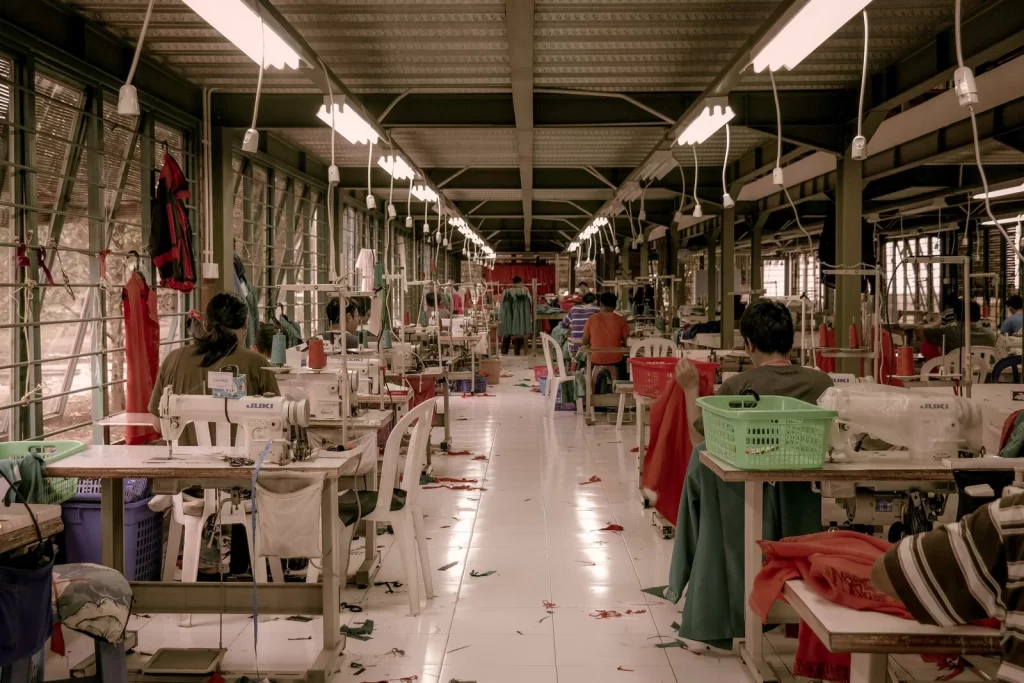As the liberalization of the trade drives the economic growthlabor problems continue to affect millions of workers. workersespecially in developing economies, however, a report prepared by World Economic Forum y Geneva Graduate Institute offers solutions to correct these inequalities and improve working conditions worldwide.
The document Trade and Labour: Rethinking Policy Tools for Better Labour Outcomes (Trade and Labor: Rethinking Policy Tools to Achieve Better Labor Outcomes) highlights the harmonization of labor and trade standards as one of the proposals.
Stresses the need to establish consistent rules that link the trade policies with the labor rightsavoiding the fragmentation that is detrimental to workers. To this end, greater international collaboration is recommended, where organizations such as the ILOthe WTO and the UNCTAD play a key role.
The report also proposes the adoption of a supply chain approach to identify and correct the dynamics that perpetuate the job insecurity. This measure seeks to improve working conditions, especially in sectors of developing economies, through deeper cooperation between governments, companies and unions.
The effective implementation of new labor standards requires an inclusive dialogue among all parties involved. The report points out the importance of involving workers in decision-making, especially in areas such as wage improvement, working conditions and the eradication of informal employment. It also stresses the need to create training opportunities so that employees can adapt to new market demands.
The document warns that the transitions to a green and digital economy must be carried out without compromising labor rights. The most vulnerable groups (women, migrants, the elderly and the disabled) are most at risk of being left behind. For this reason, the report proposes that the equity and inclusion are fundamental pillars in this evolution, ensuring that the benefits of global trade reach everyone.
Source: World Economic Forum


